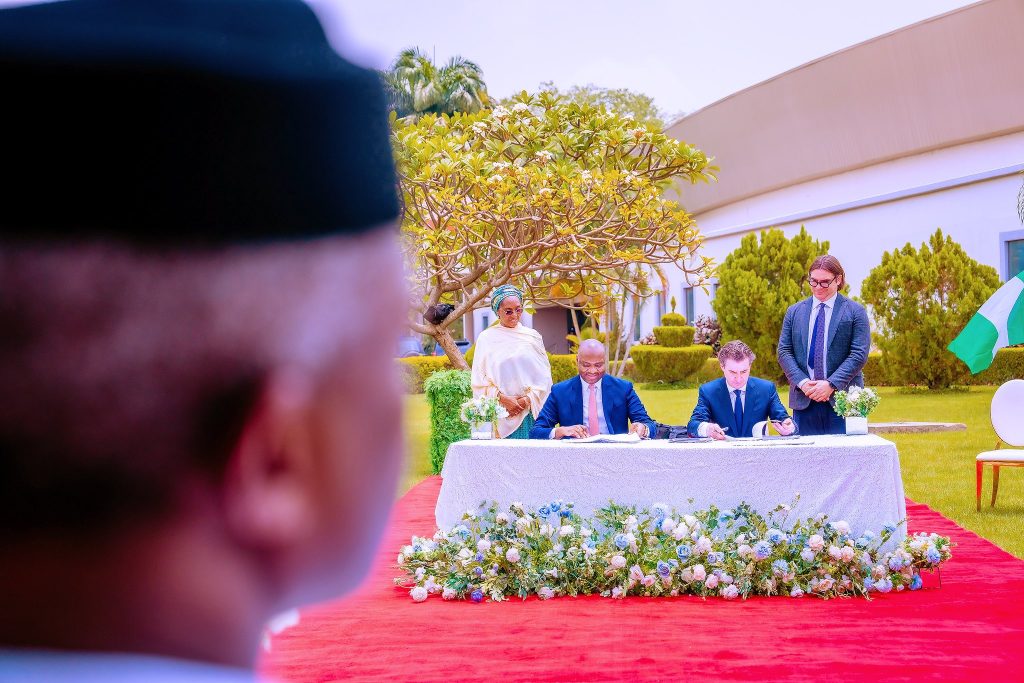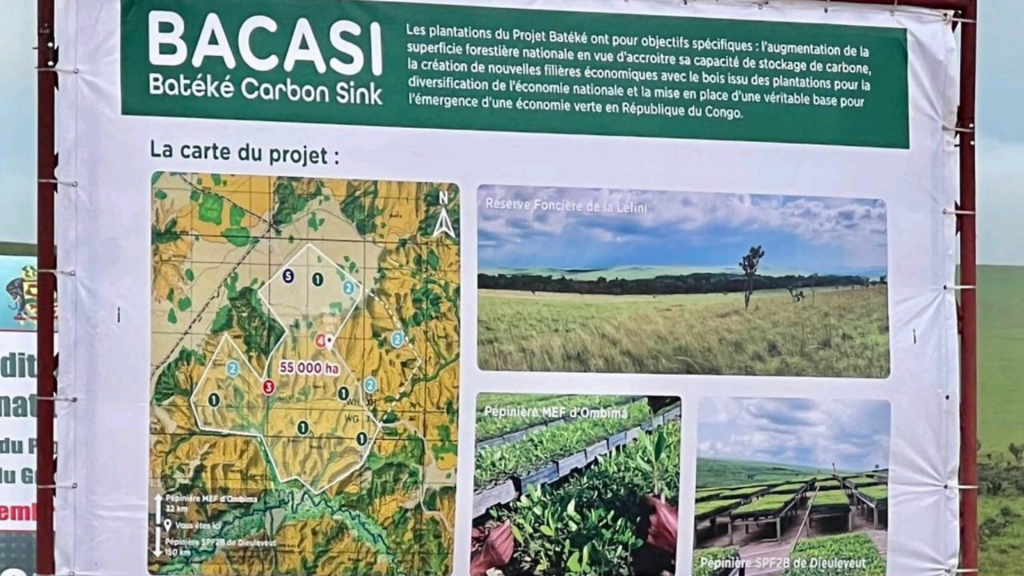Environment

New Joint Venture to support Nigeria’s energy transition plan
A new Joint Venture agreement is aiming to invest in a range of carbon avoidance and removals projects in Nigeria as part of efforts to support the energy transition plan in Africa’s most populous country. The Nigeria Sovereign Investment Authority and Vitol, a global energy and commodities company, completed the Carbon Vista JV . Both parties made an initial commitment of $50 million to the new venture. The JV’s first investment will go into a household energy efficiency programme. It includes an initial deployment of up to 200,000 devices each for clean cooking. “Nigeria’s Energy Transition Plan (ETP) requires a radical rethink of our energy consumption mix beginning from the micro-level,” says Aminu Umar-Sadiq, Managing Director, and Chief Executive Officer of the Nigeria Sovereign Investment Authority (NSIA). The NSIA manages the Nigeria sovereign wealth fund where surplus income from Nigeria’s excess oil reserves is deposited. During last year’s COP27, Nigeria joined several African nations to announce its commitment to scaling voluntary carbon markets as part of the Africa Carbon Markets Initiative (ACMI). African leaders, CEOs, and carbon credit experts are involved in the initiative. ACMI seeks to produce 300 million carbon credits annually by 2030, and 1.5 billion credits annually by 2050. The latest JV brings Nigeria closer to meeting these ambitious targets. “Without incremental steps to address the fundamental issues, the ETP’s goals may remain unrealised and further exacerbate our climate risks,” says Aminu Umar-Sadiq. “Carbon Vista adopts a pragmatic approach to these challenges. We are pleased to be leading this novel path for delivering Nigeria’s net-zero targets.” Partnerships for clean energy The JV will commence with projects in Nigeria, partnering with local firms with proven track records of successfully delivering high-quality projects. Investments will focus on various sectors including infrastructure, agriculture, and energy. Energy remains a critical issue for Africa. Household air pollution from traditional stoves and polluting fuels is reported to cause over four million premature deaths annually in the region. “This joint venture should be a catalyst in the creation of the domestic emissions trading scheme,” says Michael Curran, Head of Environmental Products at Vitol. The JV, Michael Curran says, will create a pipeline of high-quality credits into the global voluntary carbon markets. “When combined with a comprehensive corporate energy transition strategy, offsetting will play a key role in meeting the Paris Climate Agreement objectives and contribute toward the UN Sustainable Development Goals.” According to the 2022 Africa Energy Outlook, Sub-Saharan Africa is struggling to increase access to clean-cooking-technology – a trend exacerbated by recent spikes in the price of cooking gas – leaving almost 1 billion people without access to clean cooking. Experts say global efforts to increase clean cooking access will need to target the continent with greater intensity. That way, they say, Africa can achieve the UN Sustainable Development Goals on access to affordable, reliable and modern energy for all. Nigeria’s Vice President Yemi Osinbajo says the Energy Transition Process remains a tough process. “It’s especially tough for those of us who are from gas-rich countries and fossil fuel-rich countries,” notes Vice President Yemi Osinbajo. “For countries like ours rich in fossil fuel, we also find ourselves in a situation where we are energy poor. I believe Africa can become the first truly green civilisation to use renewable fuel for purposes of a transformative economic journey.”
Read more »
TotalEnergies launches the Batéké Carbon Sink Project in the Republic of Congo
On the occasion of the National Tree Planting Day in the Republic of the Congo, TotalEnergies has launched the “Batéké Carbon Sink” afforestation operations. This large-scale project, conducted in partnership with Forêt Ressources Management, consists of 40,000 hectares of planted forest on the Batéké Plateaux. Some 40 million trees will be planted in total over 10 years and cared for over 35 years. During the past eight months, local tree nurseries have already produced more than one million plants, which will be progressively planted from the next rainy season on the 800 hectares of land that have been prepared since last summer, the company said in a statement this morning. The 40,000 hectares planted will create a carbon sink that will sequester an average of 500,000 tons of CO2 per year over twenty years, equivalent to the annual CO2 emissions of an average European city of 70,000 inhabitants. The carbon credits will be certified in accordance with the Verified Carbon Standard (VCS).
Read more »